Lease Vs. Buying
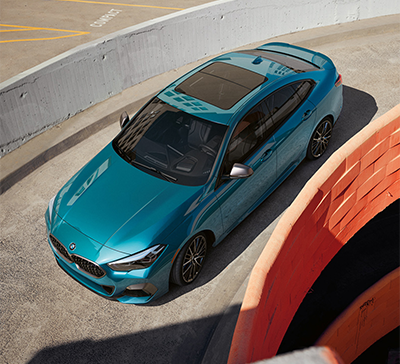
The Ins & Outs
There is much to consider when it comes to making a vehicle purchase, especially the way you will finance it. Whether it is through the option of leasing or purchasing your vehicle, it is important to find which choice is best for YOU and your budget. It all comes down to what your priorities are and what is truly important to you. To that end, there are various pros and cons to leasing a BMW long-term or buying one through a loan. Know the ins and outs before making your final determination in what is often considered a tough choice. But like with anything, knowledge is power, so examine what the two major finance choices are all about. This all comes down to ownership in terms of the primary difference, so that is a decision that has to be weighed based on your lifestyle. Should you lease or buy your car? Here’s the answers….
Leasing…
Leasing, in general, involves renting a vehicle for a certain amount of time. That time span is typically 36 or 48 months. At the end of that time, you have the option of returning your vehicle back to the dealer, or you can purchase it at a predetermined amount. Sounds simple enough. But is it? First, it is important to note that with leasing, you have no ownership rights. That means you cannot customize or make any modifications to the vehicle and you do not acquire any equity in it. Similar to renting an apartment, you make monthly payments with no ownership claim. And, when the lease expires, you cannot sell the car a few years later and use those proceeds to buy another, newer model.
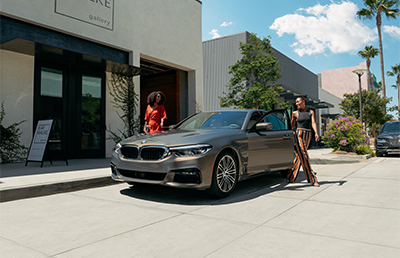
But there are set advantages to consider."
Leasing comes with lower initial payments than an outright purchase, offering savings in the short term. Because of this, lessees are often able to swing more luxurious cars than they otherwise could. Leasing also means a new car every few years. Sounds appealing? It sure does! For many, driving a brand new ride more often than not is of great interest. Simply put, when the lease is up, you can get a brand new car.
Leasing also comes with more worry-free repairs, with most being covered within the terms of the lease. There are also no re-sale worries because that is done for you. All your worry at the end of the lease is just about paying the end fees, including those for abnormal wear or additional mileage on the vehicle. You simply return it, and there is no haggling over trying to sell your used car to a dealership or private owner.
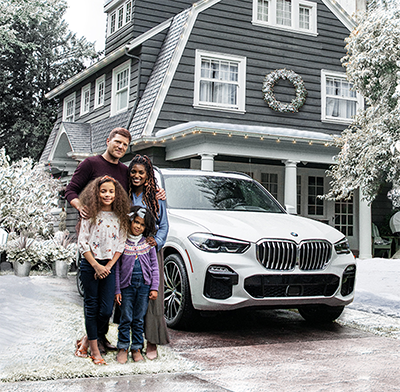
Other benefits come in the form of maximizing tax deductions because if you use your vehicle for business purposes, a lease will often afford you more tax write-offs than a loan. In specific, the IRS allows you to deduct both the depreciation and financing cost that are part of each monthly payment.
While these benefits seem vast, keep in mind that leases provide less flexibility than buying. And, if your car is totaled in an accident before the end of your lease, you may be liable for additional costs not covered by your car insurance unless the lease includes car gap insurance to cover any problems.
Buying…
Perhaps one of the clearest benefits of buying a vehicle is that when that last payment is made, it is YOURS free and clear! At that point, it is your choice whether to keep it, sell it or trade it! You also have the option of early termination, not available with a lease. This means you can sell or trade your vehicle at any time and use that money from the sale to pay off any loan balance. And, while the vehicle will in fact depreciate, its cash value is yours to use however you like. Also, with a purchase, there is no limit to miles you can drive! However, higher mileage does lower the vehicle’s trade-in or resale value. Those who purchase their car also do not have to worry about wear and tear, and, at the end of the loan term, there are no further payments required. You have also built equity to help pay for that next vehicle.
Another benefit is that you have a better chance of getting approved for an auto loan with bad credit. In addition, while you are required to carry full coverage insurance, it will most likely be less expensive than the minimum coverage required by your state and less expensive than if you were leasing.
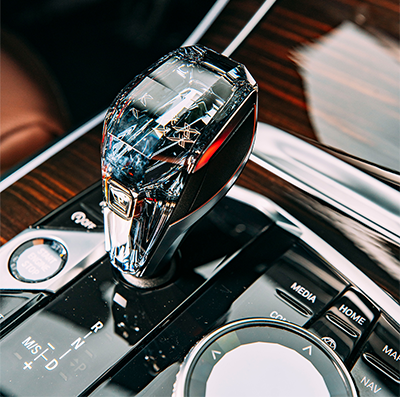
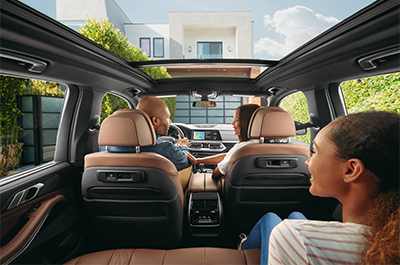
Buying…
But with all these benefits also come some down sides. For example, loan payments are typically higher than lease payments because you’re paying off the entire purchase price of the vehicle, plus interest and other finance charges, taxes and fees. When you are financing, longer-term ownership also means the possibility of your warranty running out, if you have one, as well as the fact that any necessary repairs will need to be paid out of pocket. Monthly loan payments are also typically higher when you’re financing compared to leasing, especially if you have poor credit. And, down payments are usually required when you are financing a vehicle with bad credit.
The bottom line is that there are pros and cons to leasing or buying a vehicle and ultimately the best choice is one only you can decide! If bettering your credit while getting the car of your dreams is your aim, then financing by a conventional loan would be your best bet. If leasing is your option, then make sure you understand all the terms and whether or not they make sense for your lifestyle.
But overall, the decision is a large one and one in which all the information must first be obtained. Paying for a new or used vehicle is one of the most significant expenses you will encounter, so it is worth your research. Know the INs and OUTs and make the choice best for you!